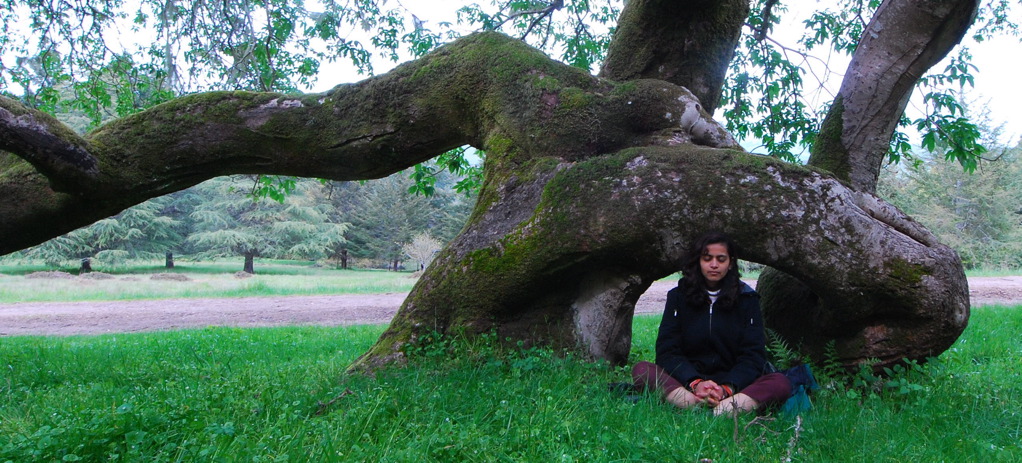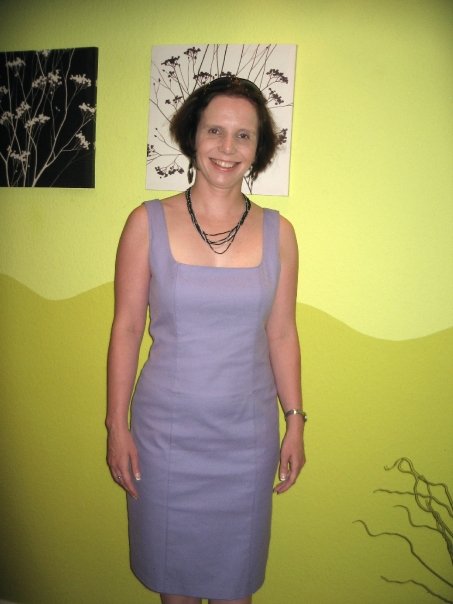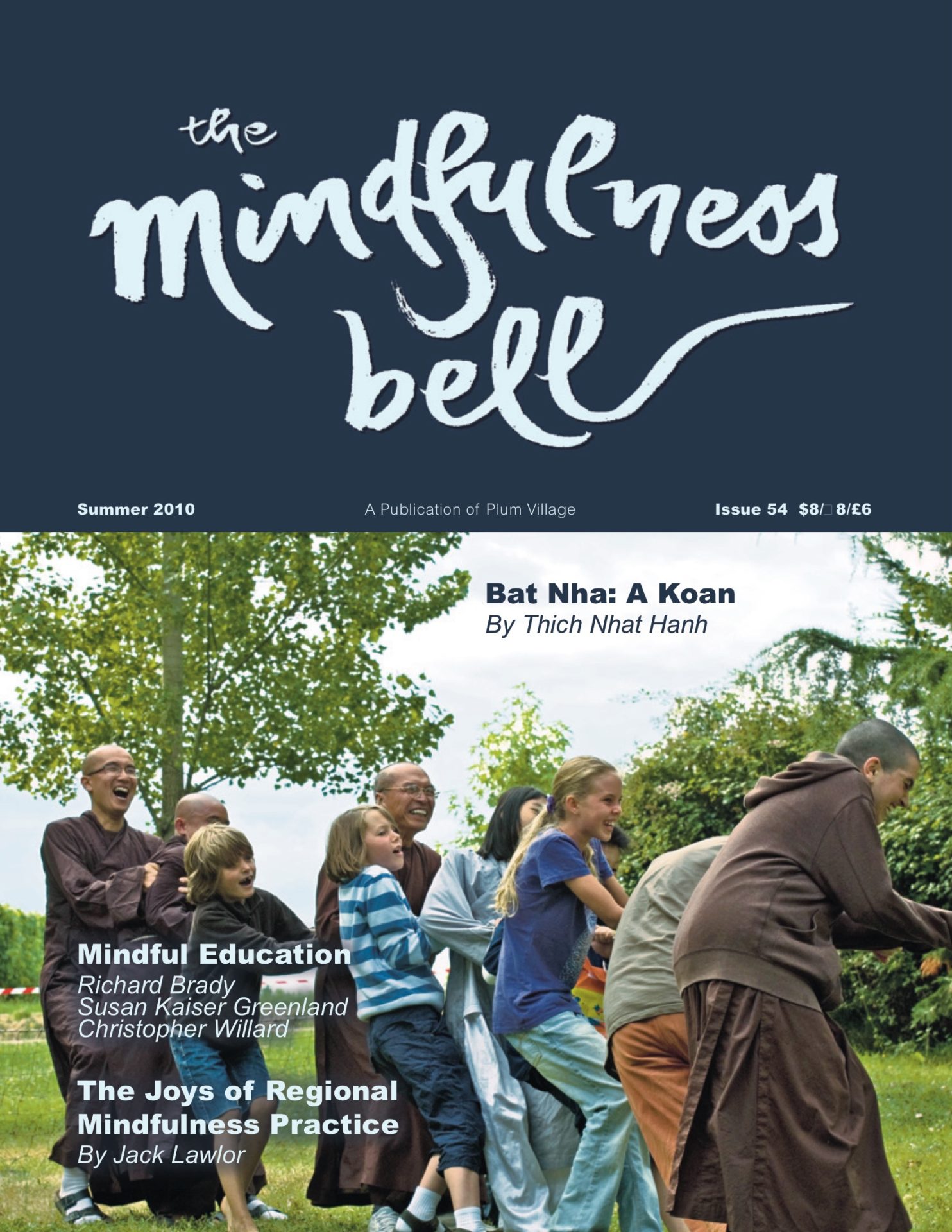By Simone Blaise-Glaunsinger

Our days in academia are marked by a constant hum of activity— the staff working through piles of paperwork, answering phones and typing away on the computer, faculty preparing for classes, grading exams and advising students, and most of all our students, who are studying, writing papers, and often working part-time jobs to make ends meet. What better place could there be than the Mindfulness Practice Center,
By Simone Blaise-Glaunsinger

Our days in academia are marked by a constant hum of activity— the staff working through piles of paperwork, answering phones and typing away on the computer, faculty preparing for classes, grading exams and advising students, and most of all our students, who are studying, writing papers, and often working part-time jobs to make ends meet. What better place could there be than the Mindfulness Practice Center, where one can re-center, breathe, and just be mindful of the present moment?
The Mindfulness Practice Center was started in 1998, when Thich Nhat Hanh inspired its formation by a large public talk at the University of Vermont (UVM) and a donation of the proceeds went to support it. The Center was founded to help UVM community members cope mindfully with the many challenges of academic life, bringing greater fullness, freedom, and compassion into their lives. We offer a range of meditation opportunities, from weekly sittings to stress management workshops to one-day retreats.
The Center for Cultural Pluralism houses a small meditation room where the groups meet, and is available for students to meditate at other times. Miv London, the Center’s coordinator, works out of the University’s Counseling Center which offers mindfulness-based stress reduction workshops for students. These workshops run over a period of seven weeks, meeting once a week. The workshops are based on Jon Kabat-Zinn’s mindfulness-based stress reduction program, in which participants learn mindfulness principles, sitting and walking meditation techniques, body scans and hatha yoga to deal with stress, pain, or depression. Last year we started offering this program for UVM staff members. It was such a success that the center continues to offer it for staff on a regular basis. The workshops end with a half-day retreat.
Every semester, a day-long retreat is led by Miles Sherts, a mindfulness teacher and owner of Sky Meadow Retreat in Vermont’s Northeast Kingdom. Mindfulness has also caught on with the psychology department in Mindfulness and Psychotherapy, a class taught by Dr. Arnold Kozak.
As a staff member at UVM, I started coming to the mindfulness meditation group almost six years ago. Thich Nhat Hanh’s Peace is Every Step was one of the first books I read about mindfulness, and it inspired me to start the practice. Integrating mindfulness into my everyday life has helped me to deal with my stress and anxiety. Every day, the teachings and my practice enable me to be a more compassionate and patient listener, meditation instructor, hospice volunteer, Reiki practitioner, and receptionist.
Currently I facilitate a weekly mindfulness group on campus. Having a meditation community on campus has expanded my connection with the university and the community as a whole. The people coming to my group, newcomers and regulars alike, inspire me in my own practice as I notice the steady integration of mindfulness into their lives. I asked what it meant to them to have mindfulness on campus, and they shared their insights:
David H., a staff member: “I began this practice almost fifteen years ago to combat severe work-related stress. As I developed my ability, the stress lessened, and I found that the practice helped me in many other, sometimes surprising ways. Today, I continue a practice of mindfulness during the day in order to both maintain a sense of calm and a deeply felt internal energy that ‘ties’ me together.”
Eric G., a graduate student: “I’m practicing mindfulness mainly to help me get to know myself and stay in touch with who I am and who I want to become. I can look at the direction my academics are taking me and ask myself whether this is in harmony with my values and my vision for myself.”
Amy H., an undergraduate student: “Mindfulness has been very helpful in my life through both practices and various readings by Buddhists. My academic life has somewhat improved by increasing my attention span and concentration, but other aspects of mindfulness are more powerful. For instance, the experience of mindful walking is very fulfilling. Mindfulness also helps us solve deep mysteries within ourselves that have been untouched for many years.”
Many participants have told me it helps them to have a scheduled time during the week they can put aside to come to the group and meditate. They also appreciate the group dynamics, and the ways in which it can create a sense of belonging. We always end meditation groups with a discussion about how it was for all the participants, and what worked or did not work. It is a time for reflection, questions and mindful dialogue.
The Mindfulness Practice Center helps faculty, staff and students to see beyond their wandering minds filled with memories of the past or plans for the future. They experience witnessing their thoughts instead of overanalyzing them. Rather than succumb to the feeling of being overwhelmed or paralyzed by assignments, they begin to approach their projects one small step at a time, and consequently are more productive. The participants go from walking with their minds caught up in thought patterns and their ears plugged into their music devices to an awareness of every step and the world around them, smiling at people they pass, and thereby spreading peace and harmony across the campus.
Whitney H., an undergraduate student, writes: “On campus, I find that I am more empathetic to other students and staff, and with such a diverse group of people all around us on campus, we really have the chance to appreciate and celebrate different opinions and ideas. Mindfulness opens my mind!”
The Mindfulness Practice Center at the University of Vermont has certainly changed my life in a very positive way. Mindfulness is clearly beneficial for the health and well-being of the campus community. My wish is that this message of mindfulness spreads everywhere and continues to bring peace and harmony into others’ lives as it has into my own.

Simone Blaise-Glaunsinger works as an office manager at the UVM Department of Art and Art History. She has been a member of the UVM Mindfulness Practice Center (which she considers her Sangha) since 2002. She can be reached at sbhealingsoulstice@gmail.com.

